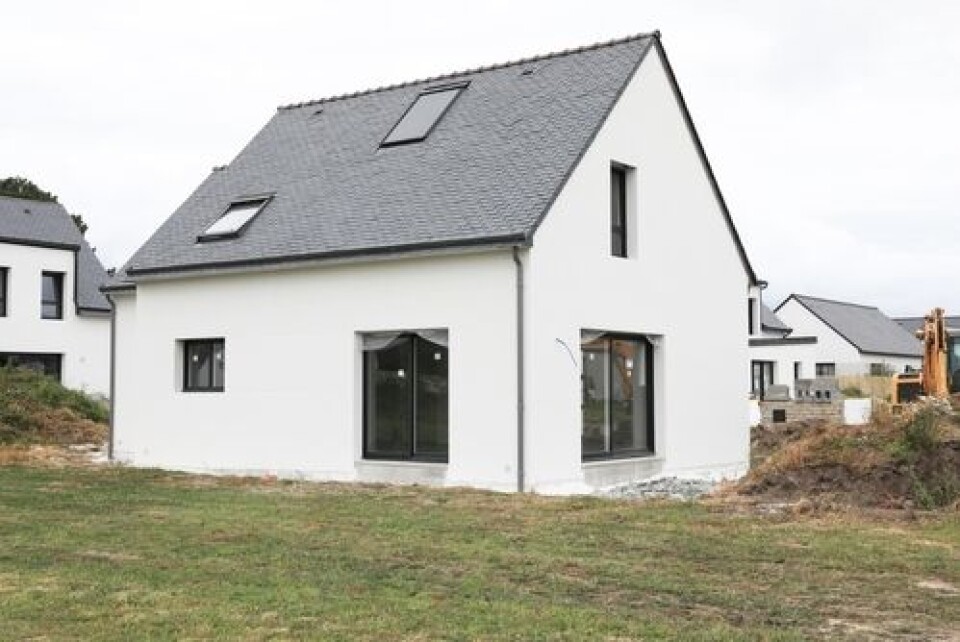-
Grand crème, café crème, au lait: how to order coffee in France?
We explain the subtle distinctions between the various terms used in cafés
-
Local election rule changes in France and why you may have a new mayor in 2026
Communes with fewer than 1,000 residents are particularly set to see changes from next year
-
Most people are happy with their French mayor, new poll shows
It comes as mayors themselves say their job is getting tougher
Why did I not obtain property tax exemption for new-build French home?
It is often said that new French houses are free from taxe foncière in the first two years; this is true, but it does not apply in all cases

Reader question: I understood there would be an exemption from taxe foncière for new-build properties, but I did not benefit from this. My mairie said it was their decision as to whether or not the tax is imposed on new-builds, and in our area it is levied. Why do so many sites say that it is available?
Firstly, as we report here, this exemption for the two calendar years after the year of completion of a new-build property is not automatic but has to be applied for.
Secondly, the exemption is given on request unless the mairie has specifically voted to cancel it.
This is probably why many sites state that the exemption exists (if you make the request). In fact, the right of mairies to vote against it is not even mentioned by the French Economy Ministry on its page about the calculation of this tax, though it is clarified on the tax service website impots.gouv.fr.
The tax website states that either communes (the mairie) and/or intercommunal bodies (local groupings of neighbouring communes) can vote to remove the exemption or to limit it to homes that have been up to 50% funded by state-approved or aided loans, or interest-free loans.
This tax mostly goes to communes, plus a part to intercommunal bodies where they exist, so the removal would be for all of the tax or one part, depending on the arrangements where you live.
Note that it only applies to homes, not to buildings that have a business use.
How do you claim it?
Assuming it exists in your area – which you could check by calling your mairie – this exemption applies to:
- Both main and second homes
- New constructions
- Additions (ie. extensions – in which case it would only apply to the increase due to the extension)
- Complete overhauls of a building considered a ‘reconstruction’.
It can also be claimed for if there is a change of use, eg. a barn conversion, as long as major works are involved.
It is claimed by sending a form declaring completion of the work (whether relating to new construction, reconstruction, addition, or conversion) to your centre des impôts (local tax office) in the 90 days after completion of the work.
Sending this by lettre recommandée avec avis de réception (registered post) would help to reinforce the official nature of the request (as opposed to ordinary post), and give you a record of delivery; you could also drop it in, in person, if convenient.
There are specific forms for the declaration, one for detached houses and one for flats.
If you do not know your tax office’s address you can find it via this link.
Related articles
Second home tax increase – what areas may be affected by new law?
Where has taxe foncière increased the most in 2022?
























